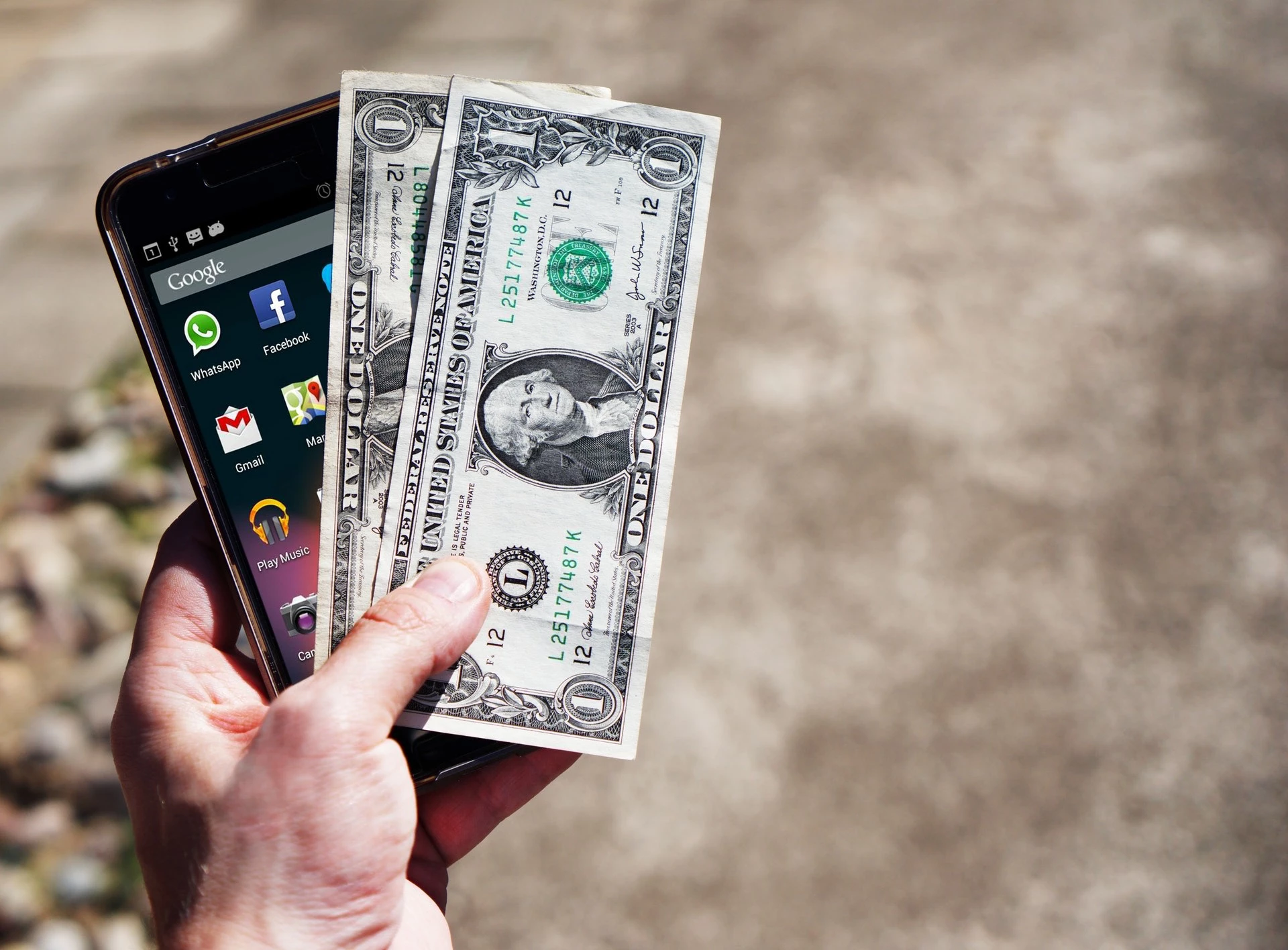
Partner Article
How much!? Council tax, train tickets and rent voted worst value for money things in the UK
Utility savings expert, Make It Cheaper, has conducted research to find out just how much the UK’s pay squeeze is affecting the nation.
As the average UK pay rises fall further behind the rate of inflation, households’ disposable incomes are decreasing as more money is spent on the same amount of goods and services.
New research has revealed that one in three (33%) admit they have to spend their entire wage on living costs, and a further 33% struggle to live comfortably on the money they earn.
When it comes to the UK’s outgoings, these are deemed the worst value for money:
- Train tickets (58%)
- Rent (56%)
- House prices (54%)
- Parking costs (51%)
- Petrol (47%)
- Energy bills (45%)
- Designer clothes (45%)
- Car insurance (42%)
- Organic food (39%)
- Income tax (36%)
Unsurprisingly, over half (58%) of the UK believe train tickets are overpriced; uncapped price increases have seen the overall price of tickets rise by around 25% since the mid-1990s, even when allowing for inflation. This year alone, they increased by a UK average of 2.3%. [1]
However, it’s not just trains. A quarter of all Brits (25%) think fresh food is poor value for money, while only 17% feel the same about store cupboard food, and 21% about confectionary. This suggests those struggling financially are more likely to opt for cheap, but often nutritionally poor, foods such as biscuits, crisps and cereal when feeding the family.
Even confectionary price increases haven’t gone unnoticed; two thirds (66%) of the UK said they were outraged by the increased cost of Freddo’s, which have increased from 10p to 25p over the last two decades, and is forecast to rise to 30p by 2030. [2]
The average UK worker takes home £1,794.93 [3] a month after tax; Make It Cheaper’s latest survey revealed that one in five (19%) spend £1,000 to £1,249 on necessities every month, leaving as little as £550 for social and leisure activities, clothes, and savings each month. Over a quarter (28%) state they have to be deliberately frugal when it comes to buying essentials, if they want to be able to treat themselves to experiences and luxury items.
When it comes to household bills, council tax is the most resented (53%), followed by electricity bills (43%) and gas bills (38%). Nearly a third (31%) hate paying for a TV Licence, while TV and broadband packages are seen as slightly better value (28%). In contrast, only 7% think their monthly student loan repayments are overpriced, and just 13% of the UK feel their national insurance costs too much.
Predictably, the main reason given for resenting paying bills is that they are too expensive (76%). However, the fact that most bills are mandatory, with consumers having no choice but to pay came second (58%). The main reasons given for resenting bills are:
- Too expensive (76%)
- Mandatory/ no choice but to pay (57%)
- See no benefit from paying (23%)
- No physical gain from paying (18%)
- Won’t use or claim (12%)
Having prices that are continually raised, despite services being cut was a common theme among participant’s feedback, as is paying for shareholders and executives, rather than services.
One respondent, a 53 year old female from Manchester, commented on price increases in her bills, saying: “Prices keep rising, yet service keeps getting worse”, while a 44 year old male from Bristol said he felt “fleeced” by companies raising prices several times a year, despite making “obscene profits”.
Nick Heath, Head of Insight at Make It Cheaper, said: “Mandatory bills with no choice of providers, such as council tax, can be infuriating as consumers have zero control over when and how much they pay.
“Shopping around to get the best deal on utility bills, as well as groceries and other consumer goods, can save a decent amount of money each month. For utility bills, we recommend switching, or at least comparing providers, once a year to help combat company price increases.”
This was posted in Bdaily's Members' News section by Christian Dente .
Enjoy the read? Get Bdaily delivered.
Sign up to receive our popular morning National email for free.








 Raising the bar to boost North East growth
Raising the bar to boost North East growth
 Navigating the messy middle of business growth
Navigating the messy middle of business growth
 We must make it easier to hire young people
We must make it easier to hire young people
 Why community-based care is key to NHS' future
Why community-based care is key to NHS' future
 Culture, confidence and creativity in the North East
Culture, confidence and creativity in the North East
 Putting in the groundwork to boost skills
Putting in the groundwork to boost skills
 £100,000 milestone drives forward STEM work
£100,000 milestone drives forward STEM work
 Restoring confidence for the economic road ahead
Restoring confidence for the economic road ahead
 Ready to scale? Buy-and-build offers opportunity
Ready to scale? Buy-and-build offers opportunity
 When will our regional economy grow?
When will our regional economy grow?
 Creating a thriving North East construction sector
Creating a thriving North East construction sector
 Why investors are still backing the North East
Why investors are still backing the North East